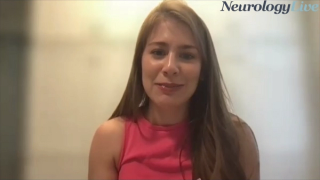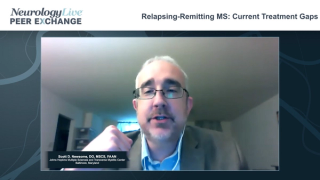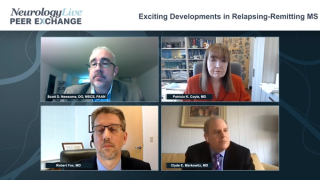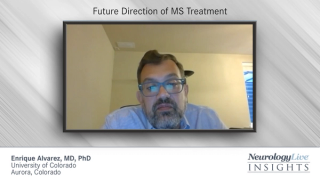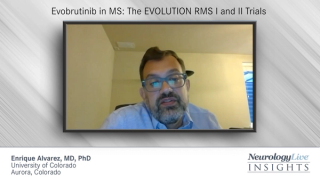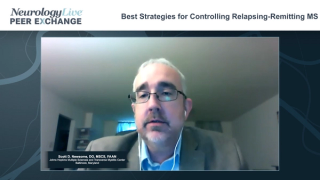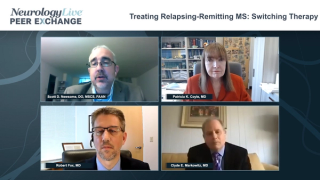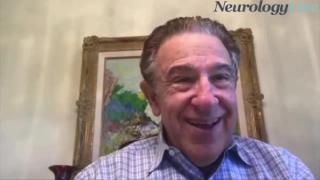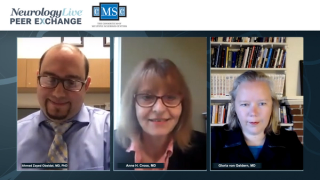
MS and Demyelinating Disorders
Latest News
Latest Videos

CME Content
More News

Advanced imaging technology collides with artificial intelligence in what is shaping up to be a revolutionary period for the diagnosis and management of MS.
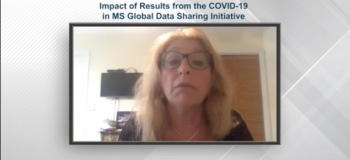
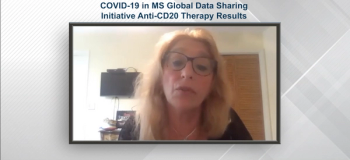
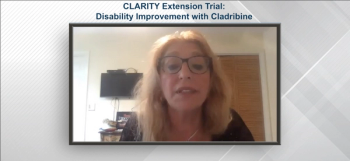
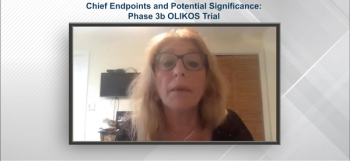
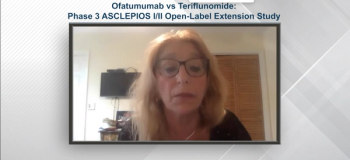
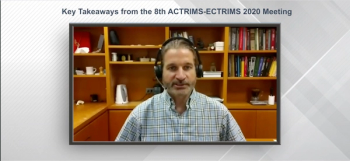
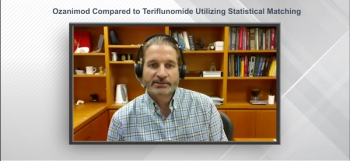
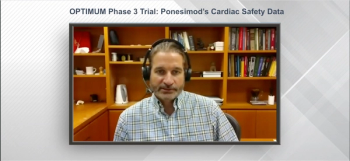
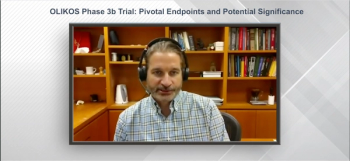
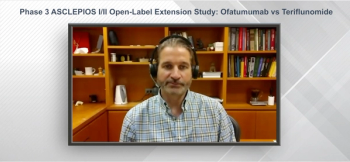
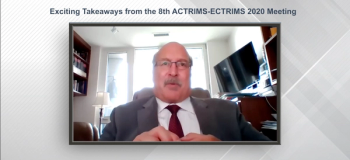
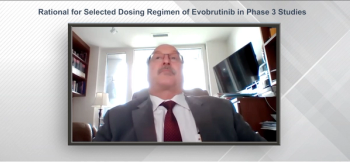
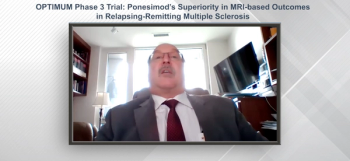
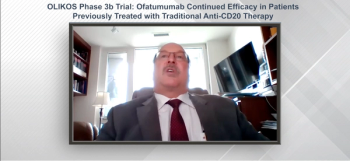
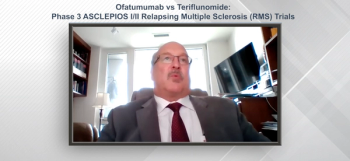
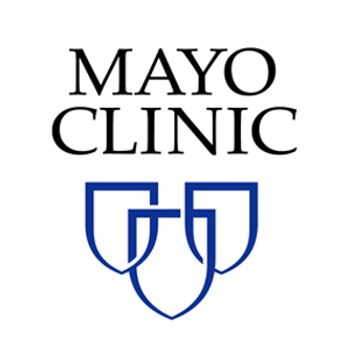
Researchers from the Mayo Clinic found a molecular target that can help assess potential treatments for spinocerebellar ataxia type 3, a disease which currently has no cure.
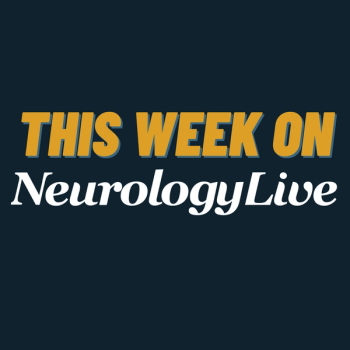
Here's what is coming soon to NeurologyLive.
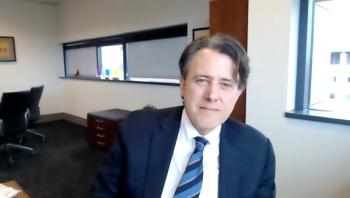
The chair of the department of neurology at The Ohio State University discussed the idea of the multiple sclerosis prodrome, presented in a plenary address at the MS Virtual 2020 meeting.

Take 5 minutes to catch up on NeurologyLive's highlights from the week ending November 20, 2020.
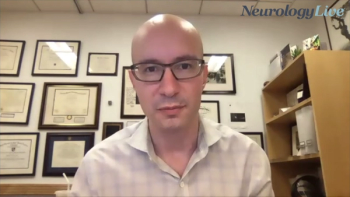
The associate professor of neurology at the Icahn School of Medicine at Mount Sinai discussed how he and colleagues are assessing nabiximols in hopes of adding it to the short list of approved THC agents.

Results from a study showed that the higher number of pregnancies, the later the progressive multiple sclerosis onset.

"Mind Moments," a podcast from NeurologyLive, brings you an exclusive interview with Paul Fisher, MD, and Gerald Grant, MD, FACS.

The chair of the department of neurology at The Ohio State University discussed some of the main themes and takeaways from the MS Virtual 2020 meeting.
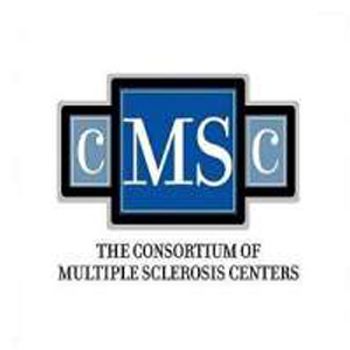
The Consortium of Multiple Sclerosis Centers is seeking poster and platform presentations for the 2021 Annual Meeting, which will take place June 2–5, 2021.






